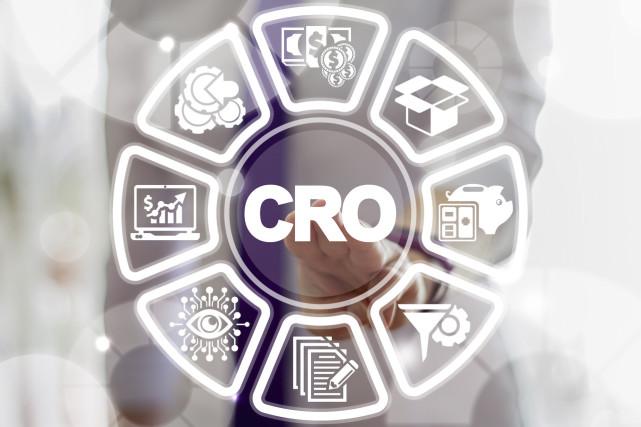Understanding CRO: A Comprehensive Guide
CRO, or Contract Research Organization, plays a pivotal role in the pharmaceutical and biotech industries. If you’re curious about what CRO stands for and how it functions, you’ve come to the right place. Let’s delve into the details of this essential service provider.
What is CRO?
CRO, as the name suggests, is an organization that enters into contracts with pharmaceutical, biotech, and medical device companies to assist in bringing their products to market. These organizations offer a wide range of services, from managing clinical trials to regulatory compliance, and everything in between.
![]()
Services Provided by CROs
CROs offer a variety of services to their clients, including:
| Service | Description |
|---|---|
| Clinical Trial Management | Overseeing the planning, execution, and monitoring of clinical trials. |
| Data Management and Analysis | Collecting, organizing, and analyzing data from clinical trials. |
| Regulatory Affairs | Assisting with the submission of regulatory applications and maintaining compliance with industry standards. |
| Medical Writing | Producing high-quality documents, such as clinical study reports and regulatory submissions. |
| Biostatistics | Providing statistical expertise to support clinical trials and regulatory submissions. |
Why Use a CRO?
There are several reasons why pharmaceutical and biotech companies choose to work with CROs:
-
Cost Savings: Outsourcing certain functions to a CRO can help reduce costs associated with hiring and maintaining an in-house team.
-
Expertise: CROs have specialized knowledge and experience in various aspects of drug development, which can lead to more efficient and successful projects.

-
Time Savings: By working with a CRO, companies can accelerate the drug development process and bring their products to market faster.
-
Flexibility: CROs can provide services on a project-by-project basis, allowing companies to scale their operations as needed.
The Role of CROs in Drug Development
CROs play a crucial role in the drug development process, from the initial stages of research and development to the final approval and launch of a new drug. Here’s a brief overview of their involvement:
-
Phase I Trials: CROs help design and conduct the initial trials to assess the safety and efficacy of a new drug.
-
Phase II Trials: CROs assist with larger-scale trials to further evaluate the drug’s effectiveness and side effects.
-
Phase III Trials: CROs manage the final phase of trials, which involves thousands of patients and is critical for obtaining regulatory approval.
-
Regulatory Submission: CROs help prepare and submit the necessary documentation to regulatory authorities, such as the FDA or EMA.
-
Post-Marketing Surveillance: CROs can also assist with monitoring the safety and effectiveness of a drug once it’s on the market.
The Future of CROs
The CRO industry is expected to continue growing as the pharmaceutical and biotech industries expand. Advances in technology and the increasing complexity of drug development are likely to drive demand for CRO services. Additionally, the globalization of drug development is creating new opportunities for CROs to expand their reach and offer services to clients worldwide.
Conclusion
CROs are an essential part of the pharmaceutical and biotech industries, providing valuable services that help bring new drugs and therapies to market. By understanding the role and benefits of CROs, you can better appreciate their importance in the drug development process.












